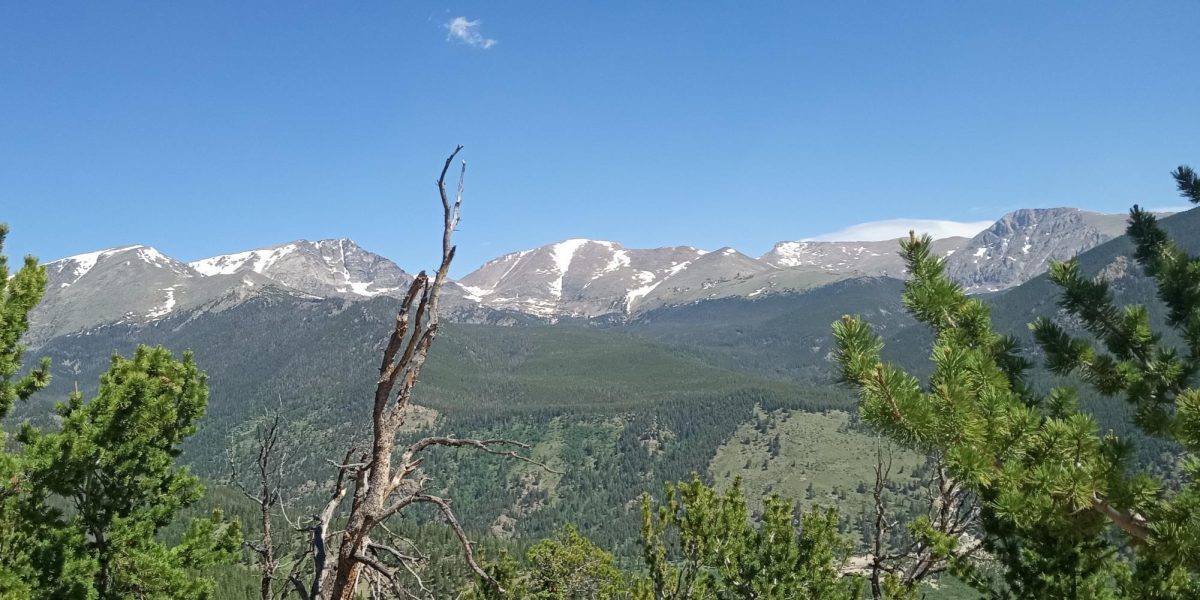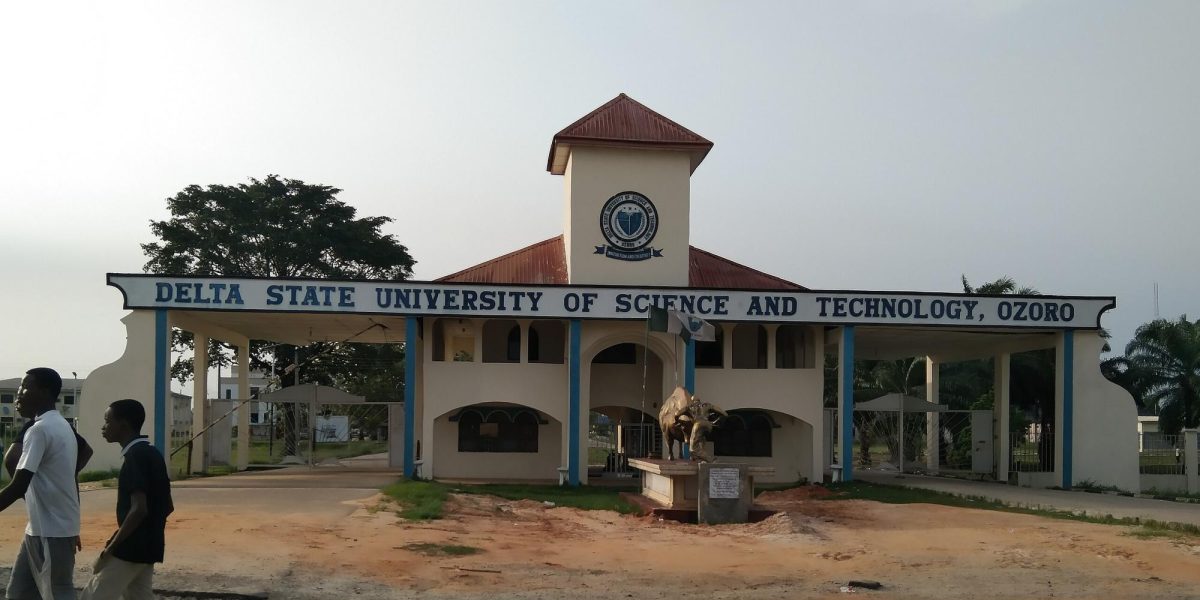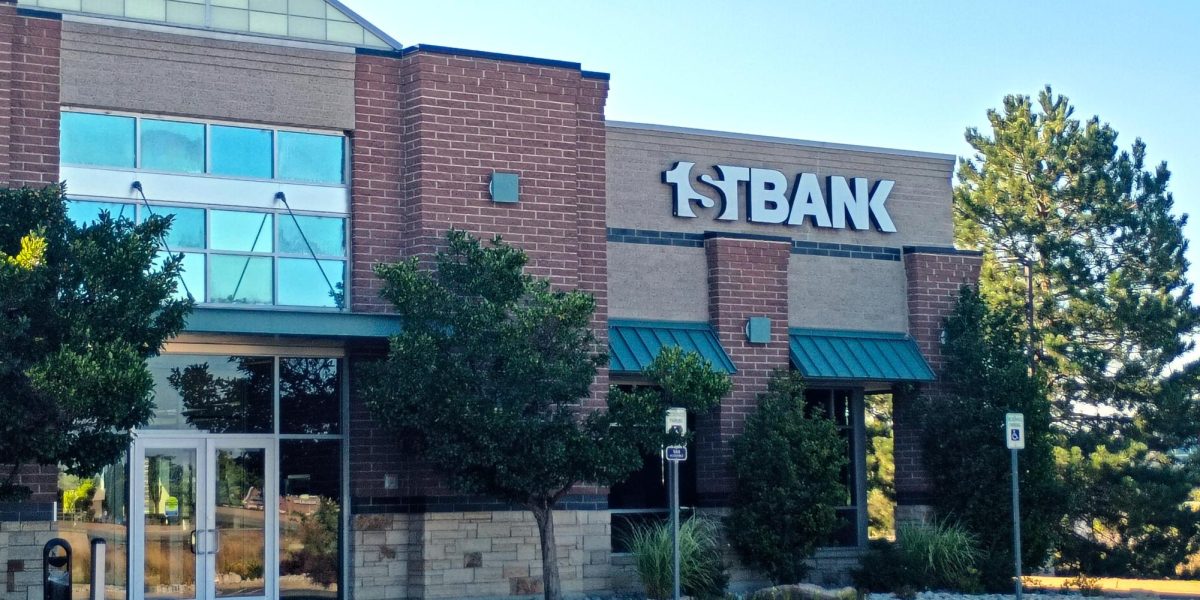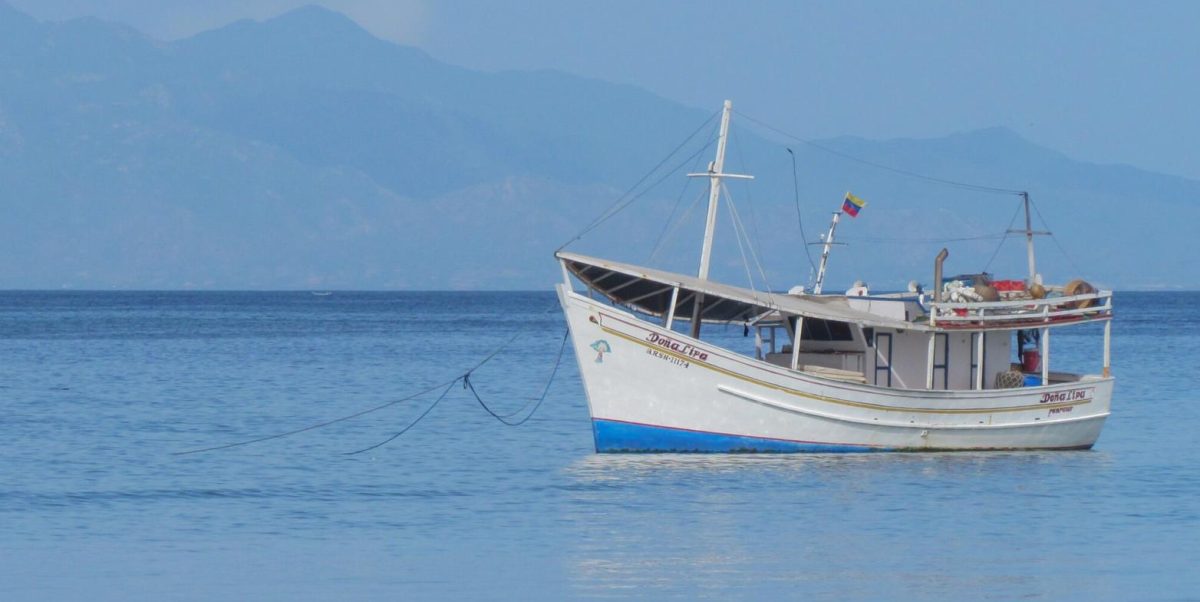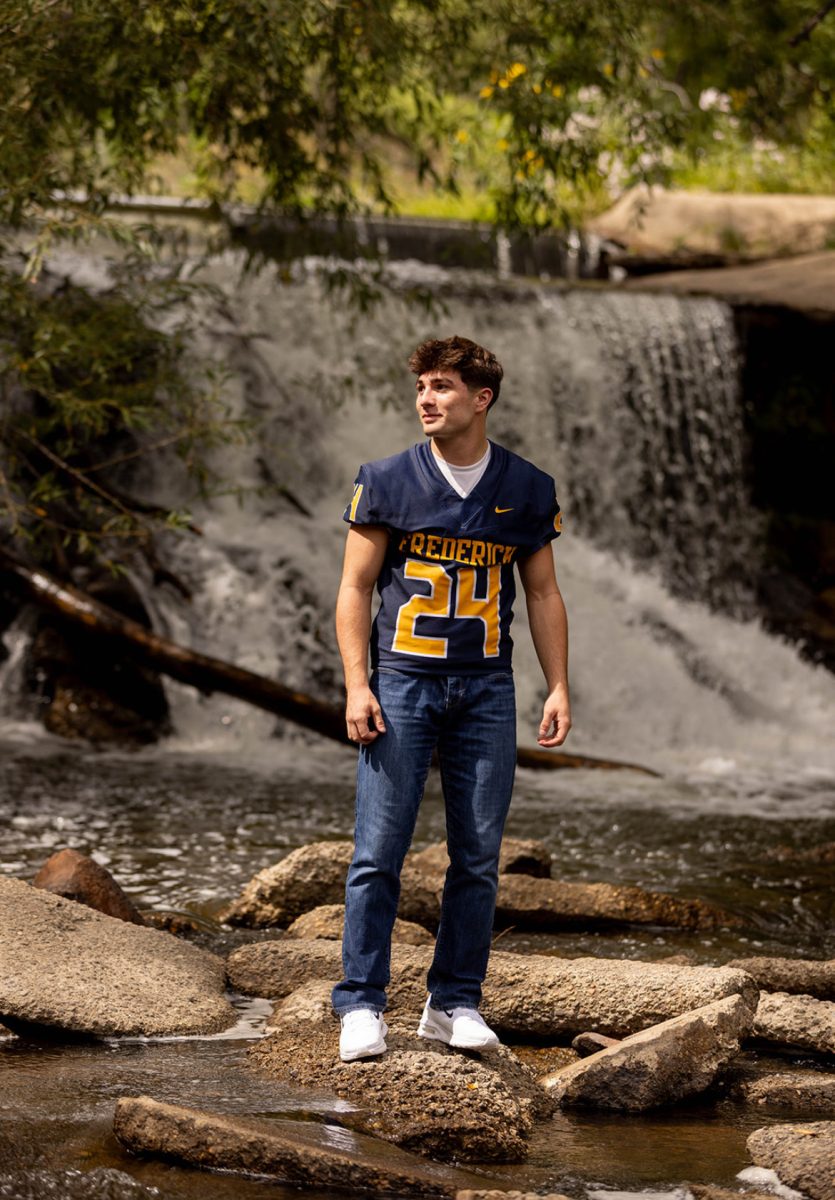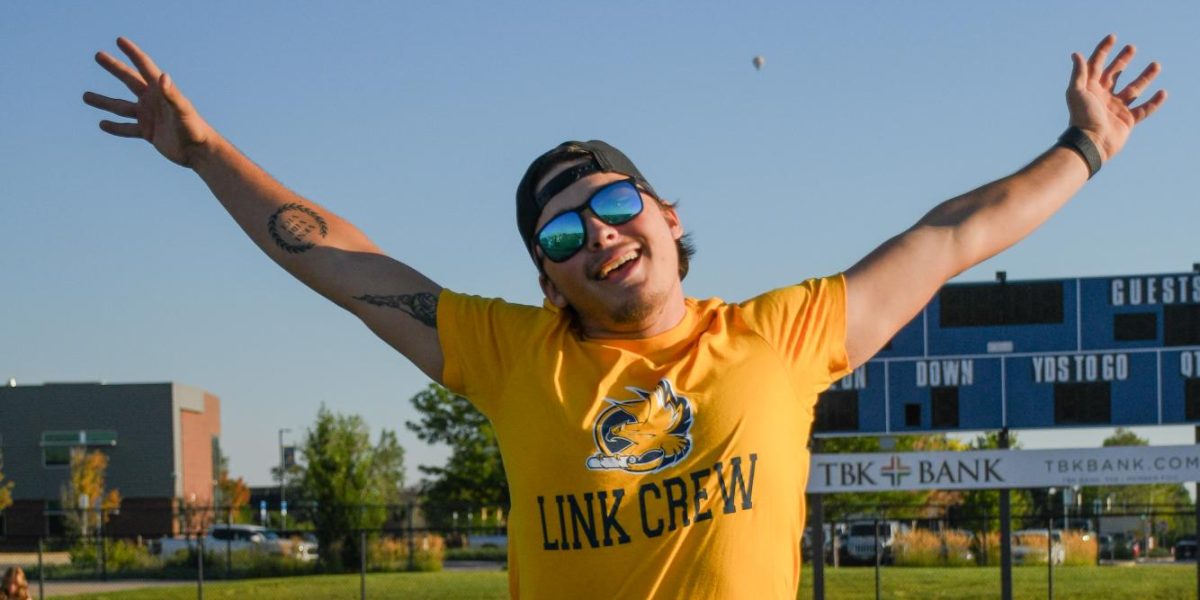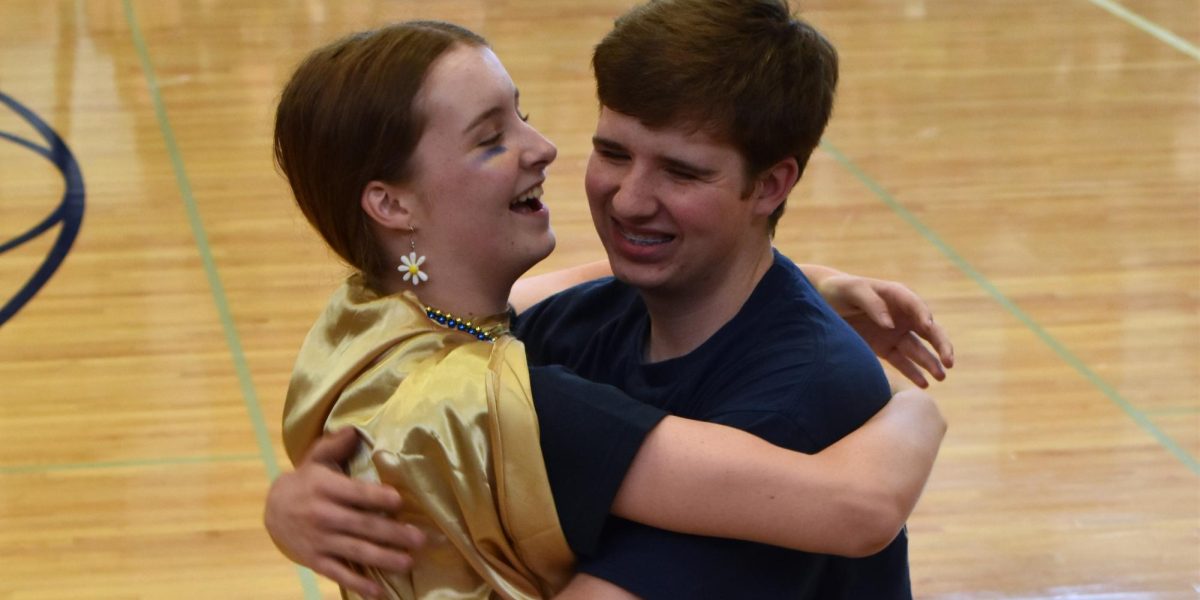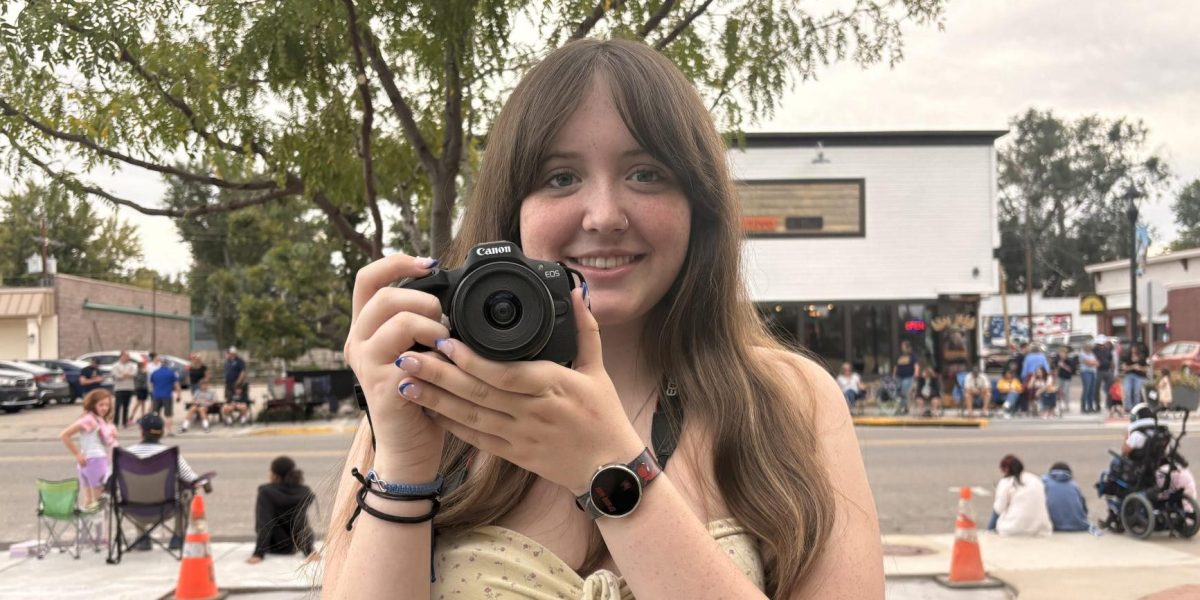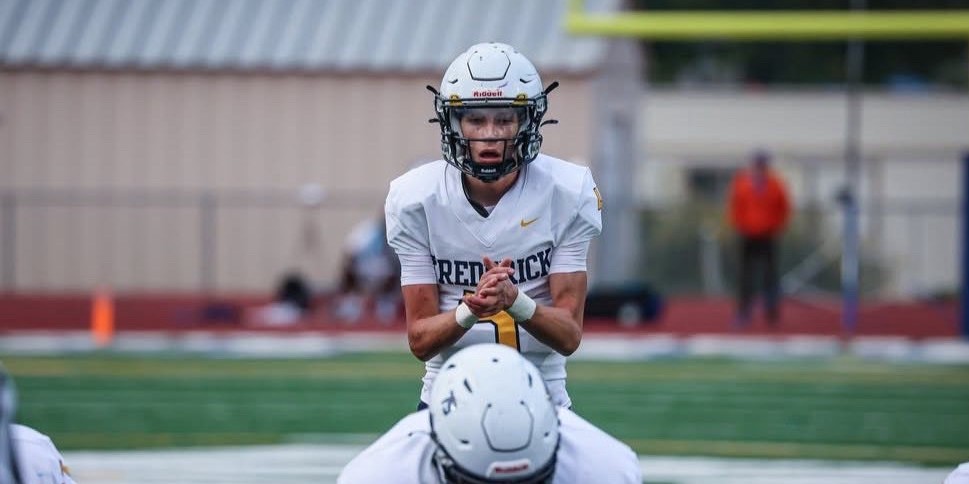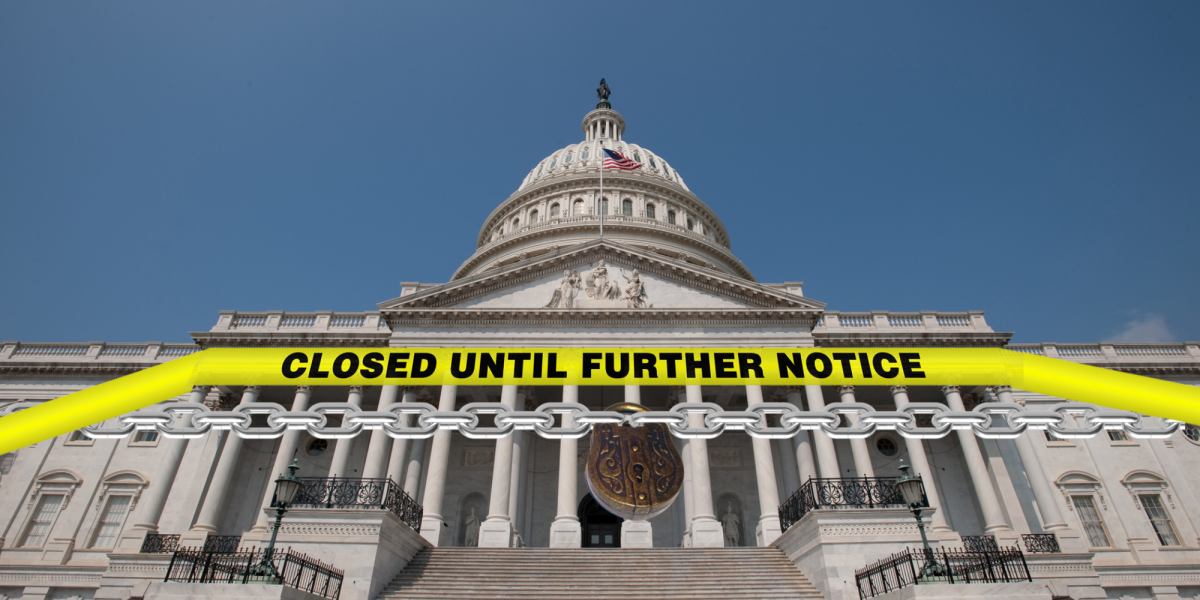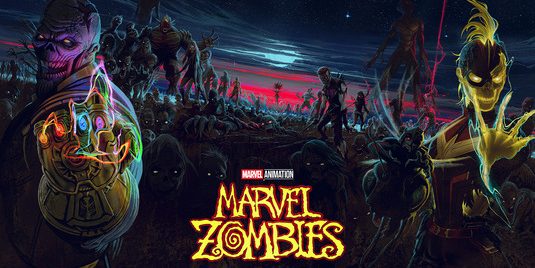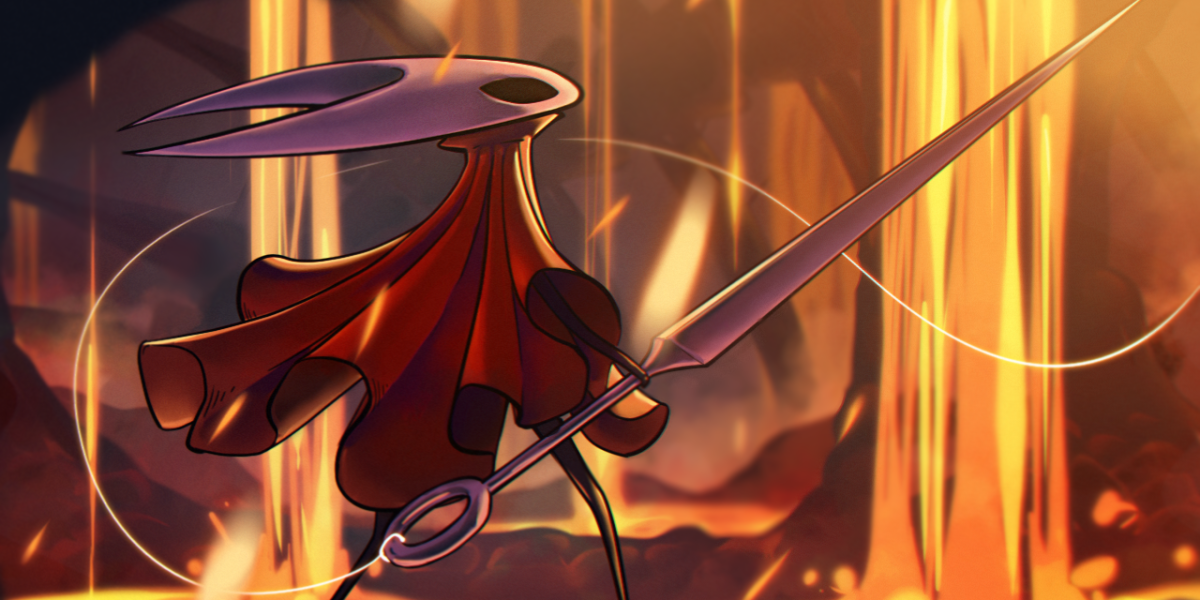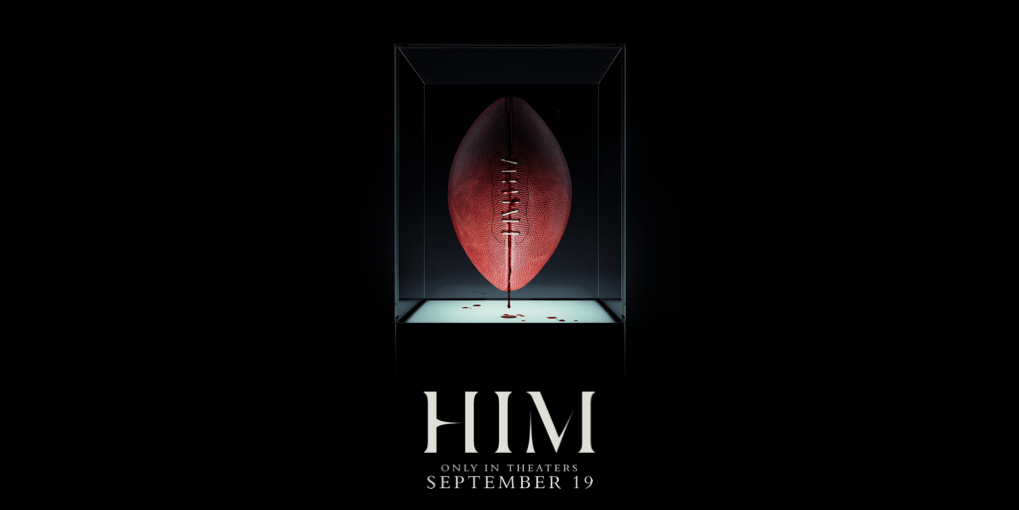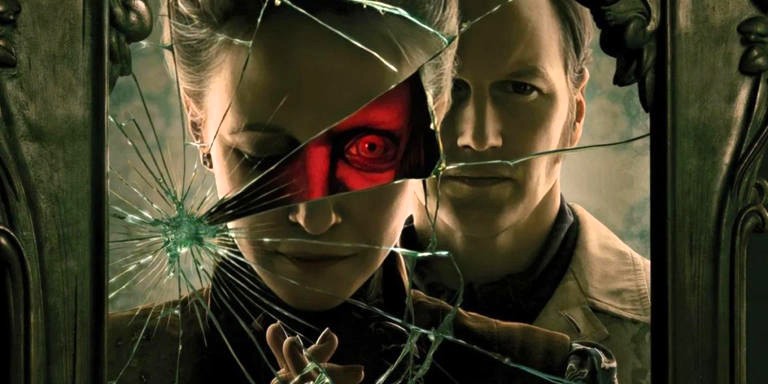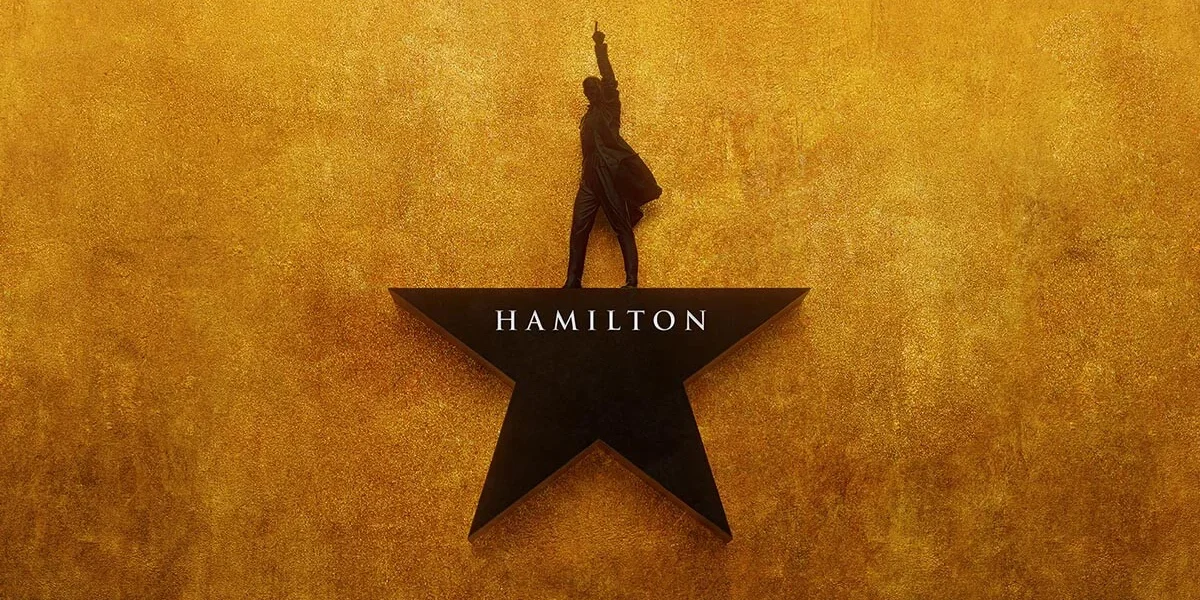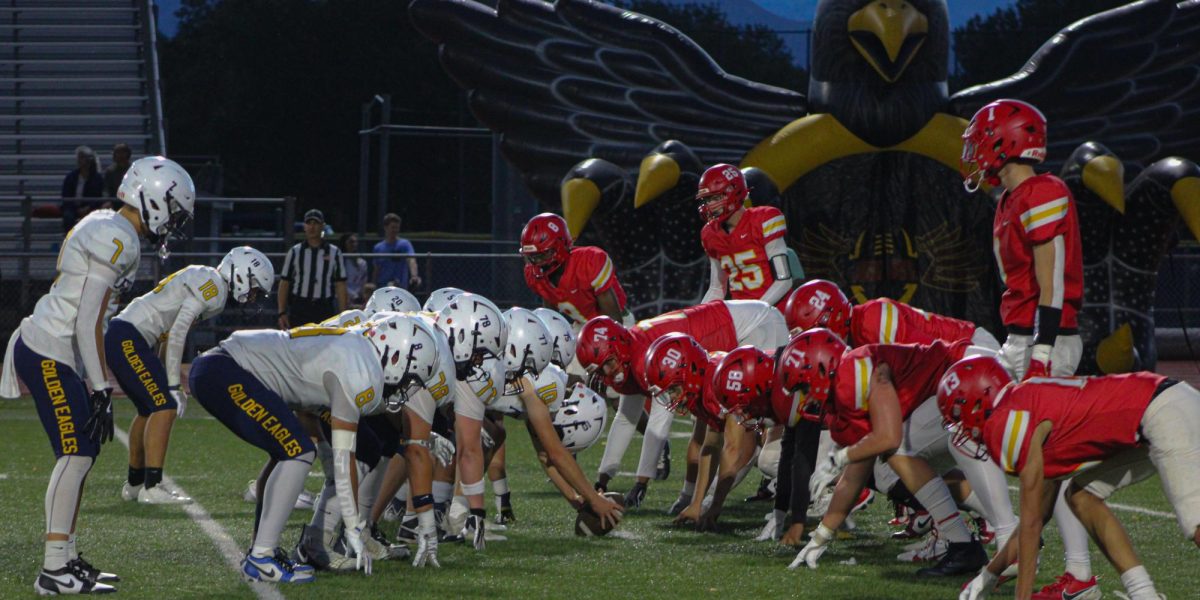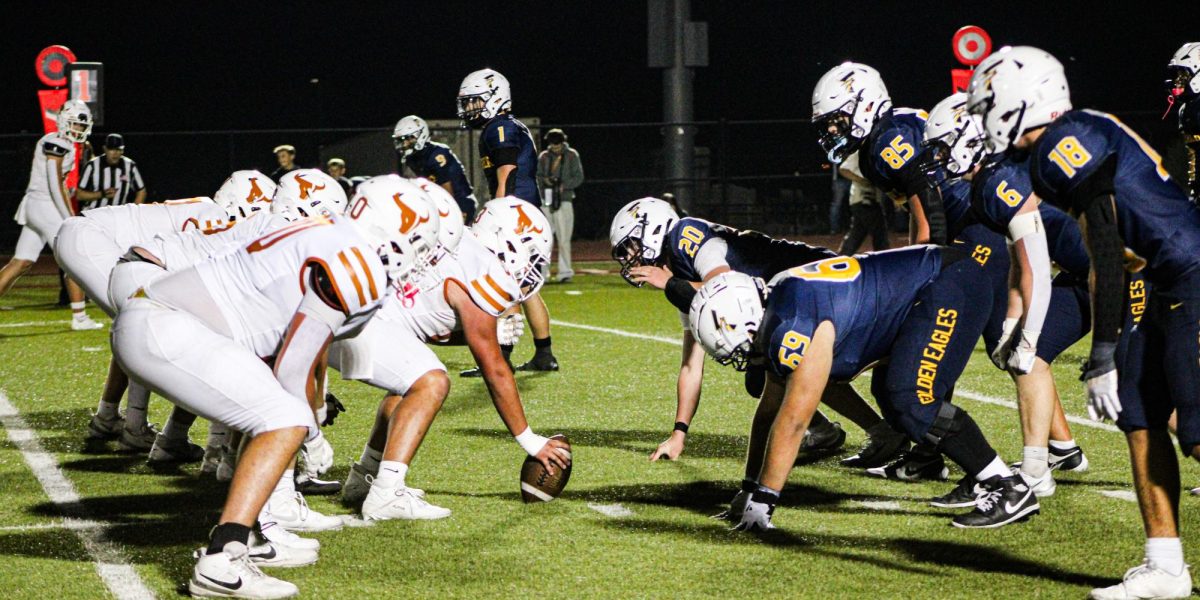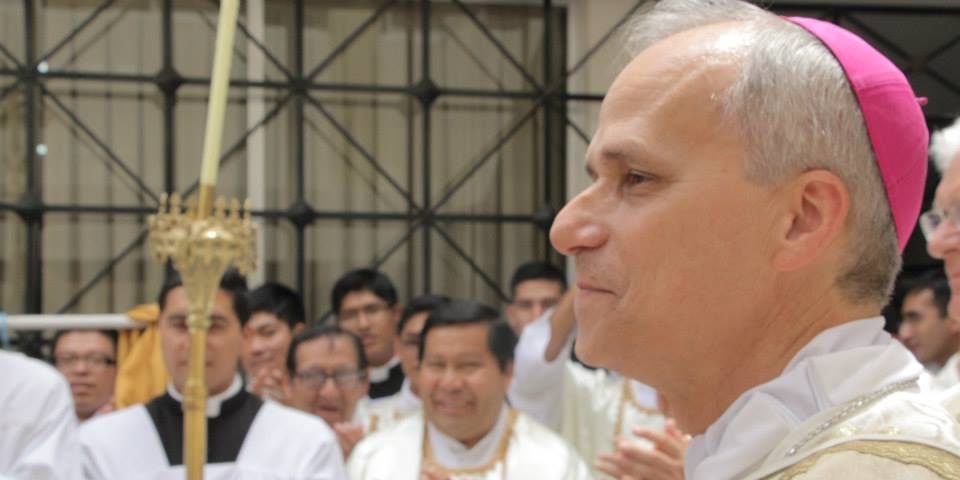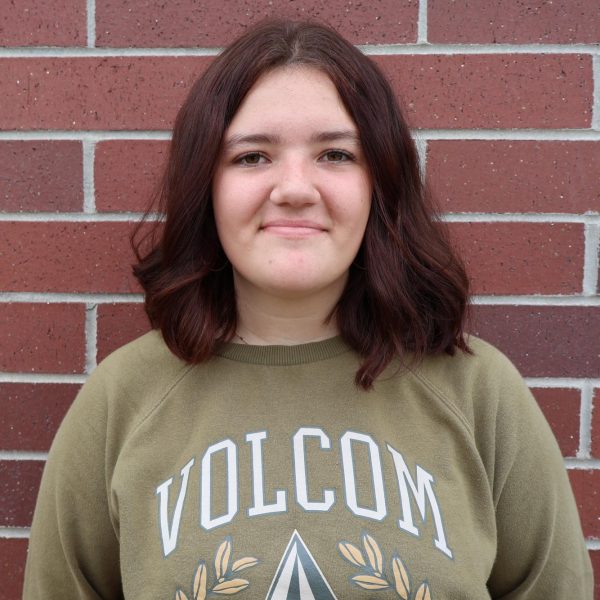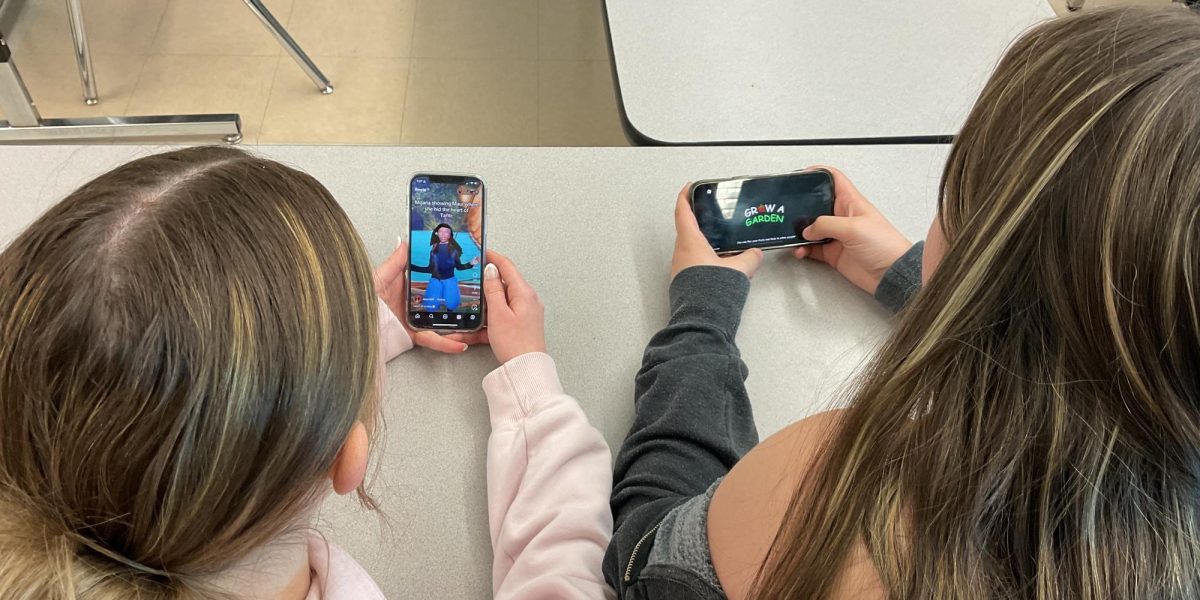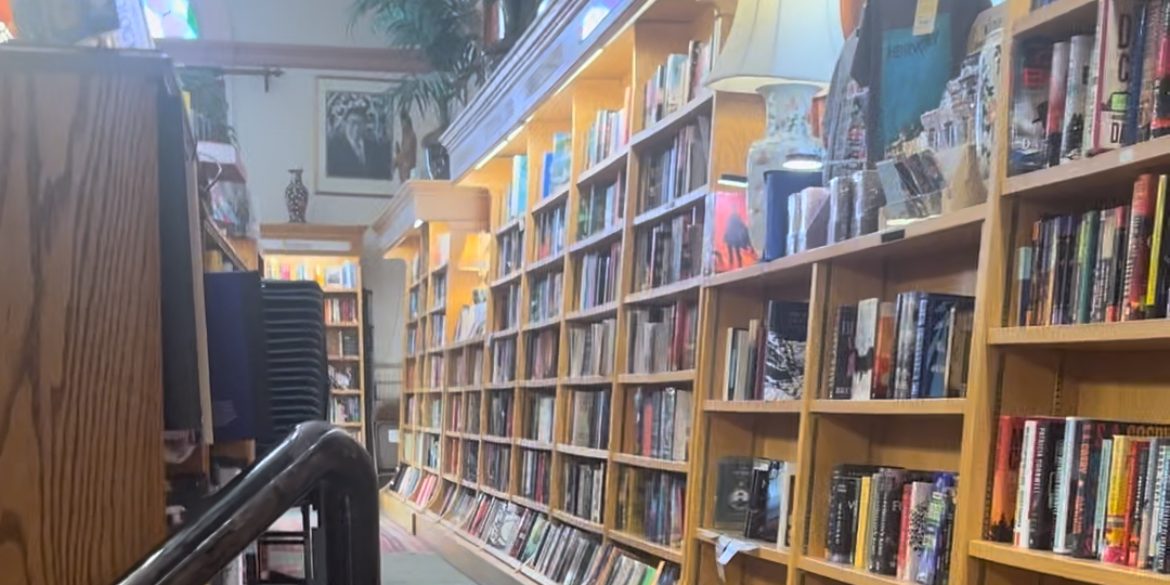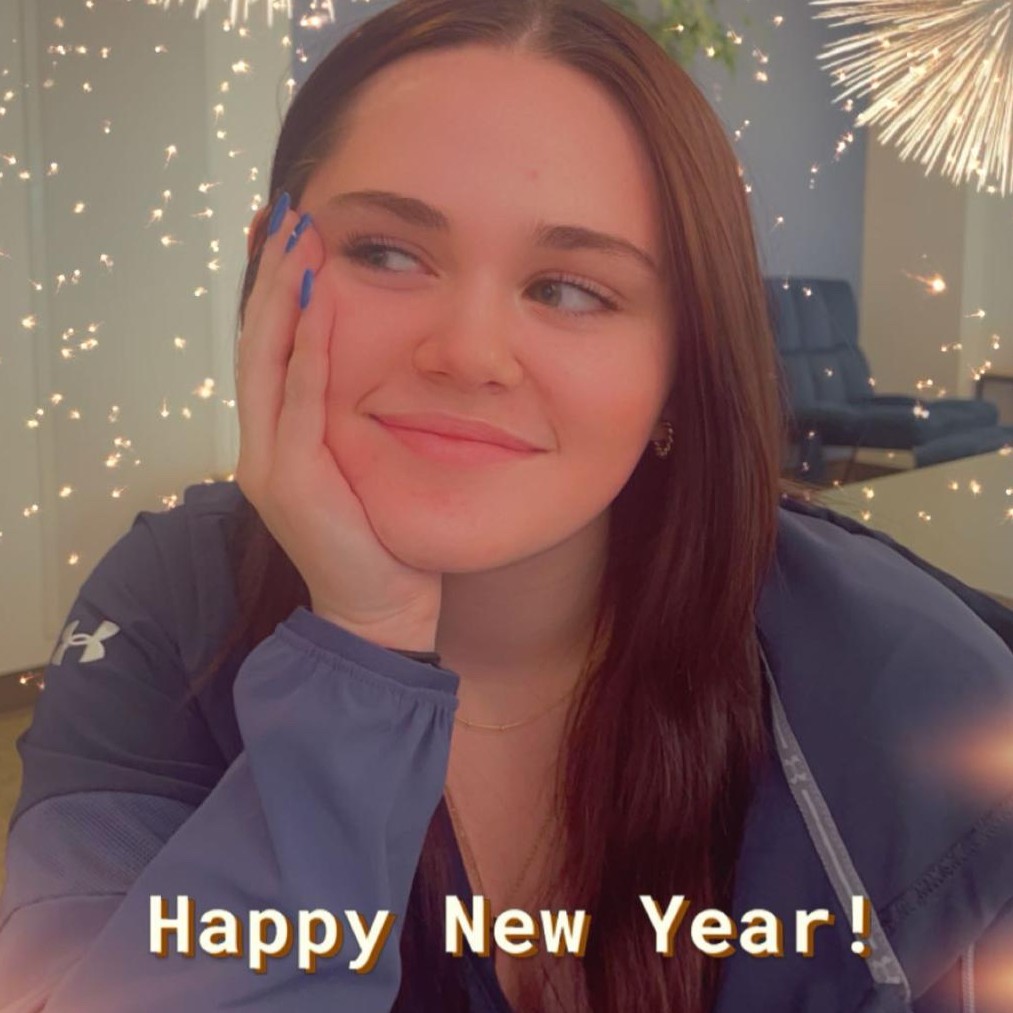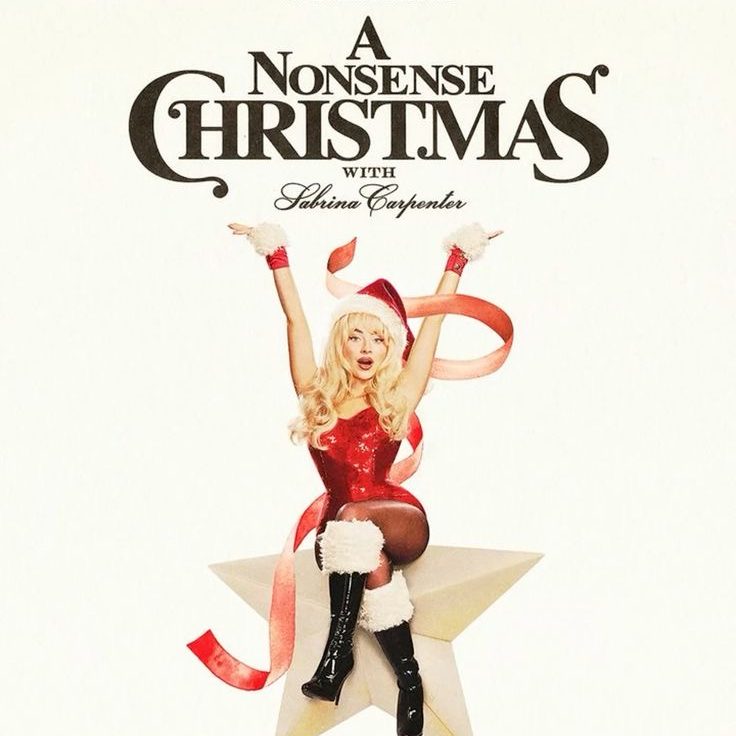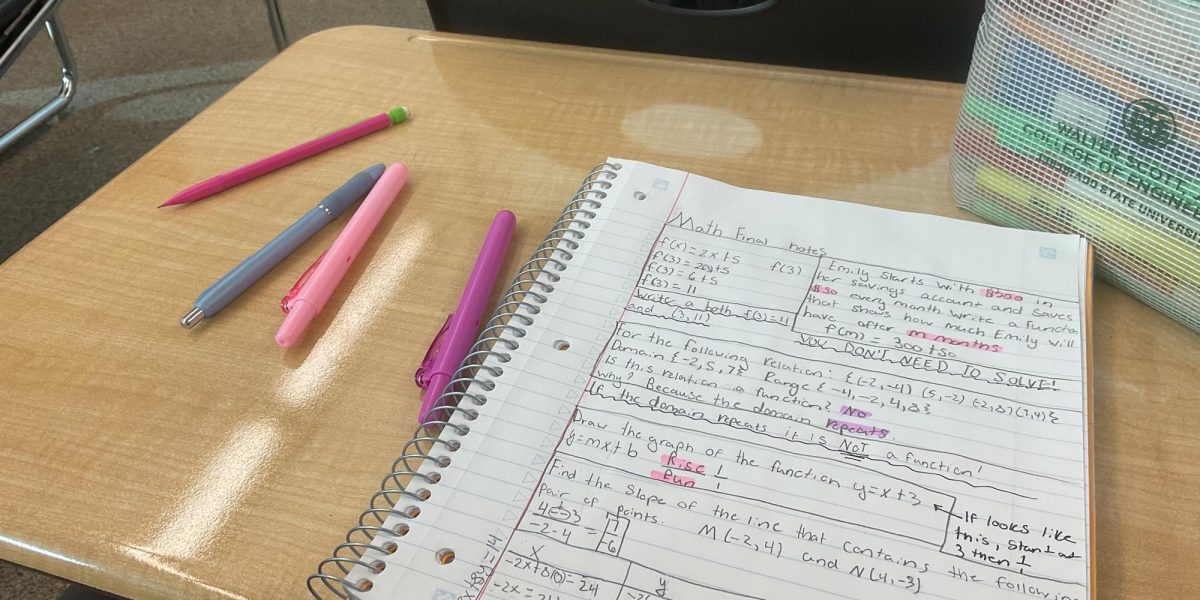After two days of conclave following the April 21 death of Pope Francis, white smoke has finally filled the air around St. Peter’s Basilica. Around noon MST on May 8, the council of cardinals introduced the world to Pope Leo XIV. Leo XIV is now the 267th pope to serve and leads the second-largest religious denomination on Earth.
In his first address to the world, Pope Leo XIV thanked his predecessor and friend Pope Francis for all he did for the church during his twelve years as pontiff. Religious scholars expect Pope Leo XIV to govern the church very similarly to Francis, as the two men are remarkably similar. Like Francis, Leo served as a cardinal in Latin America for some time. Also like Francis and unlike all other modern popes, Leo came from a religious order (he is an Augustinian, while Francis was a Jesuit).
And, just as Francis was, Leo XIV comes from the western hemisphere. But while Francis was born in Buenos Aires, Argentina, Leo XIV comes from the mean streets of Chicago.
That’s right: Leo XIV is the first American citizen to be elected as pope.
Before he became Pope Leo XIV, he was Robert Prevost, born in 1955 to a Navy veteran father and librarian mother. As a child, he served as an altar boy at the St. Mary of the Assumption Church on Chicago’s South Side, and he earned a BA in Science from Pennsylvania’s Villanova University in 1977.
Prevost worked as a substitute math and science teacher in Chicago until becoming an ordained priest in 1982. He then spent over a decade leading a seminary in Peru before being asked to lead the Augustinian Province of Chicago in 1999. He then served as Archbishop of Chiclayo (Peru) at the request of Pope Francis before becoming one of Francis’ prefects in Rome.
Prevost has now taken the name Leo, as have thirteen pontiffs before him. Popes always choose a name with historical significance for how they want to lead. While he has not confirmed his reasons for choosing Leo, Prevost could want to govern like Leo XIII, a social reformer who guided the church through the cultural changes of the Industrial Revolution. Perhaps Prevost, who holds a doctorate in canon law and was part of the National Honor Society in high school, sees himself in Leo I, a renowned scholar who persuaded Attila the Hun to lay down his sword.
If his new name is any indication, Pope Leo XIV will continue the direction of the church set by Pope Francis. Francis significantly impacted the church through his emphasis on social justice, care for the environment, and his acceptance of migrants, divorcees, atheists, and LGBTQ+ people into the church. Francis would wash the feet of the poor even after being elected pope and spent his last interview encouraging Vice President J.D. Vance to stop the Trump administration’s current demonization of migrants.
Leo sees the papacy in a similar way as Francis did–in a 2024 interview, he said that “the bishop (of Rome) is not supposed to be a little prince sitting in his kingdom” but should be humble and serve the people. Like Francis, his membership in a religious order regularly had him working with the poor and infirm, and he believes that the church is best served by leaders who practice humility. He also believes, like Francis, that climate change is an existential threat.
Where Leo XIV differs from Francis is on matters of sex and gender. Leo XIV has fought against teaching gender identity in schools and said in 2012 that “a homosexual lifestyle” is not compatible with church doctrine. Leo XIV has also faced past accusations of shielding priests guilty of sexual abuse in both Chicago and Peru.
Leo’s critics, however, seem to be few in number. He was selected rather quickly after just two days of conclave–just like Pope Francis–and spoke a unifying message to the crowds in Vatican City on Wednesday. “We have to seek together to be a missionary church,” he said, “a church that builds bridges and dialogue.” He then emphasized this point by changing his own dialogue from Latin to Spanish (two of the seven languages he knows) to talk directly to his old congregation in Peru.
Peruvian President Dina Boluarte returned the admiration, writing on Facebook that the election of Pope Leo XIV is a “historic moment” for Peru. “He chose to be one of us, to live among us, and to carry in his heart the faith, culture, and dreams of this country,” she wrote. Prevost became an official citizen of Peru in 2015 and is still a popular figure in the country.
American President Donald Trump also took to social media to say, “Congratulations to Cardinal Robert Francis Prevost, who was just named pope, it is such an honor to realize that he is the first American pope. What excitement, and what a Great Honor for our Country. I look forward to meeting Pope Leo XIV. It will be a very meaningful moment.” Trump has been under fire from the American Catholic community after posting an AI-generated image of himself as pope on the White House’s official X account.


